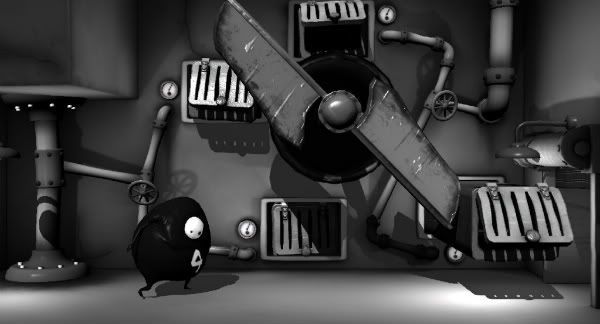
The PlayStation Vita has been off to a rocky start in Japan, and just like the Nintendo 3DS early last year, Sony's latest portable had trouble gaining any momentum. Recently, it's become increasingly harder and harder for dedicated handhelds to thrive in an era of smartphones and mobile games. Don't be fooled by the changing times, though. Handhelds aren't dead, and the Vita can succeed going forward. It just needs the right type of games.
[aditude-amp id="flyingcarpet" targeting='{"env":"staging","page_type":"article","post_id":691880,"post_type":"story","post_chan":"none","tags":null,"ai":false,"category":"none","all_categories":"games,","session":"D"}']It's obvious Sony is taking a big chance with pricing its new system at $250 and $300 for the Wi-Fi and 3G models respectively. That would probably explain the $40 to $50 pricing on most of the games, as well as the expensive pricing on mandatory memory cards. Sony needs to make money after all. The best investment in keeping the new miniature powerhouse alive, however, is in the downloadable space.
I'm not taking about the Playstation Minis that try and piggyback on the success of time wasters found on the iPhone. I'm taking about real downloadable games, the type of games we find on PlayStation Network or Xbox Live — the arcade and indie offerings that we rave about like Castle Crashers, the PixelJunk series, Bastion, and Super Meat Boy.
As a consumer, $50 for a handheld game is a hard thing to invest in, especially without a free version to sample. Minis continue to appear extremely unappealing. Arcade and indie titles, on the other hand, hit that sweet spot between affordable and high quality. I can live with $10 to $15 bucks for gaming on the go, and the pricing justifies the extra money that's going to be spent on expensive memory cards.
Ease of access is one of the great qualities that comes along with the Vita's interface, which seems to have been adopted from smartphones and tablets. Jumping from one game to the next takes a matter of seconds. You can pause a title and pick up right where you left off later. Buying a new game is simple through the easy-to-navigate PlayStation Store.
The Vita is poised for success. It just needs to find its focus. With a handheld that is capable of so much, explaining the sheer possibilities of the system can confuse the uninformed customer. Sony should sell people on what it is — the ultimate portable gaming device. Arcade and indie titles bring nothing but fun and innovation wherever they go.
If developers are allowed to show people the amazing capabilities of the system through affordable releases, the Vita will have a long lifespan.
